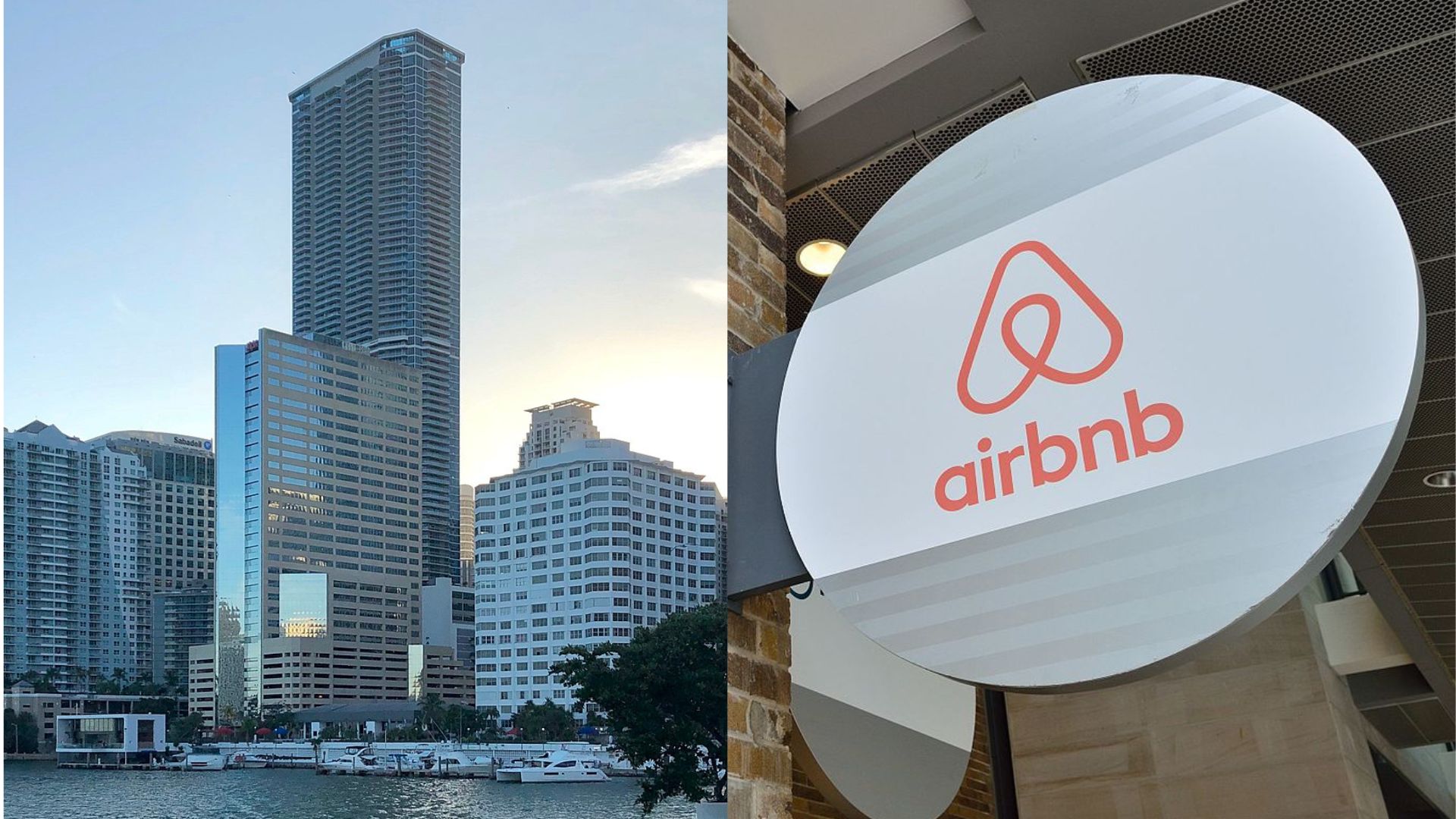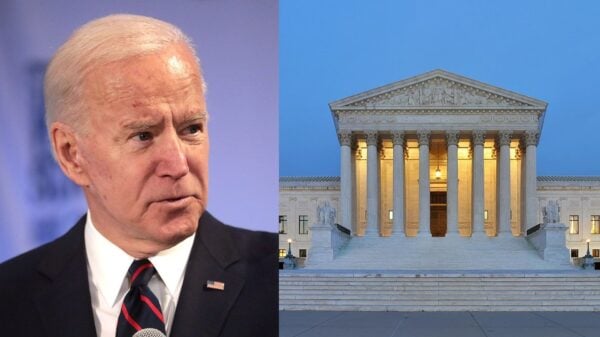A new legislative proposal passed by the Florida State Senate aims to enhance the regulatory power of authorities over the short-term vacation rental market. In reality, the new rules directly target owners who rent their properties via companies like Airbnb and Vrbo and mark a controversial shift from local to state-level oversight.
The new bill, SB 280, has experienced pushback from several lawmakers throughout the state of Florida, leading to a debate focused on the balance between state control and local autonomy in the short-term rental industry. As per the new procedures laid out in SB 280, the state of Florida preserves the right to overrule city and county regulations concerning all vacation rentals so long as they were approved after 2016. The new regulations aim to implement a centralized approach to how Florida manages the state’s short-term rental market, hoping to standardize regulations across the Sunshine State.
The legislation, which passed the Senate on Feb 1, 2024, introduced several new requirements for all vacation or short-term rentals in the state, including occupancy limits, which prohibit any more than two people from sharing a bedroom. An additional allowance was permitted for two people in common areas. Property owners have also been forced to register their rentals with local governments. However, should they fail to comply with the request, the owners may be fined up to $500 if not rectified within two weeks. An additional provision in the legislation mandates that all short-term vacation rentals must have a designated person available 24/7 to respond to renter complaints and emergencies.
With the implementation of the new bill, The Department of Business and Professional Regulation (DBPR) has been tasked with creating an extensive database that includes all short-term rental properties in the state. Furthermore, platforms such as Airbnb and Vrbo are now required to remit taxes on behalf of individual counties, which aims to streamline the tax collection process from rental properties.
To ensure the new regulations are followed correctly, the DBPR will employ the help of nine new officers. However, this decision has been seen as controversial by figures such as Brevard County Republican Randy Fine, who argues that a small team will be overrun as they try to manage the entirety of the state’s short-term rental market. Fine stated, “There will be nine people – not in your homes. Not in your neighborhoods, not in your counties. Not in your cities – there’ll be nine people here [in Tallahassee].”
Various stakeholders, including the Florida Realtors Association and the Florida Alliance for Vacation Rentals (FAVR), have voiced their concern about the new bill and have called on Governor DeSantis to veto SB 280. The association argues that the legislation is “a unique example of very ‘imperfect’ legislation.” The legislation currently awaits the Governor’s decision. If signed by DeSantis, it will come into effect on July 1, 2024. The outcome of this his decision could have severe implications for the state’s tourism industry, local governance, the short-term rental market, and companies like Airbnb and Vrto.



















